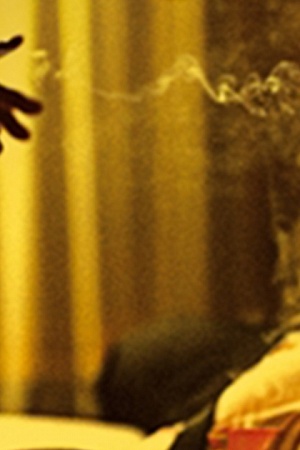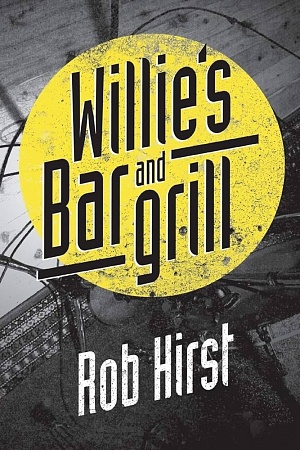Fantastic Street
Picador, $30 pb, 213 pp
Urban capers
These two first novels confront the ongoing complaints of literary commentators that new novels are too often set in the past rather than dealing with present realities. Moving from the criticism of ‘literary grave-robbing’ by American author Jonathan Dee, Malcolm Knox has complained that most major Australian novelists tend to mine fantastic or historical subject matter rather than examining the culture of our daily lives. Knox takes Jonathan Franzen’s The Corrections, a popular and critical success, as his model for a perceptive fictional treatment of popular culture. More recently, David Marr urged novelists to use contemporary settings to address what he calls the ‘new philistinism of John Howard’s Australia’.
David Kelly and Julia Osborne have set their novels predominantly in the Australian suburbia of the past few decades, and focus on attempts by liminal characters to negotiate their place in these sometimes-harsh environs. Kelly’s Fantastic Street presents what our prime minister might call the black-picket-fence view of Australian suburbia, a world of poverty, domestic conflict, broken families, and sexual abuse.
Alex has grown up in a family of oft-changing configuration: after his father’s infertility was discovered, his mother turned to adoption and fostering, which has resulted in a revolving door of damaged youngsters. Alex himself starts adolescence with more than his fair share of burdens: he was given away for adoption by his thirteen-year-old birth mother, he has striking buck-teeth, and his schoolmates have perceived his homosexuality. The adoptive father he loved is replaced by a stepfather who proves adept at all forms of abuse. These tensions are strengthened by the competition for maternal affection between the children, and the occasionally violent inter-sibling antipathies. As the novel opens, Alex has washed up at his mother’s house in Brisbane. He is on social security and living in a caravan in the backyard. He is there to care for her now that she has terminal cancer.
Continue reading for only $10 per month. Subscribe and gain full access to Australian Book Review. Already a subscriber? Sign in. If you need assistance, feel free to contact us.















Leave a comment
If you are an ABR subscriber, you will need to sign in to post a comment.
If you have forgotten your sign in details, or if you receive an error message when trying to submit your comment, please email your comment (and the name of the article to which it relates) to ABR Comments. We will review your comment and, subject to approval, we will post it under your name.
Please note that all comments must be approved by ABR and comply with our Terms & Conditions.